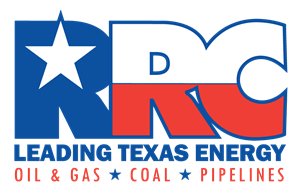The U.S. Environmental Protection Agency (EPA) has approved Texas’ application for primary enforcement authority over Class VI Underground Injection Control (UIC) wells, transferring regulatory oversight from the federal agency to the Railroad Commission of Texas (RRC).

The approval gives the RRC responsibility for permitting and managing wells used to inject carbon dioxide into deep rock formations for permanent storage—an important step for advancing carbon capture and storage (CCS) projects across the state. Texas now joins North Dakota and Wyoming as one of only three states with Class VI primacy.
“This approval by the EPA recognizes RRC’s expertise to add Class VI wells to our UIC program, to continue our work of protecting Texans and our natural resources,” said Wei Wang, RRC Executive Director. “Primacy will streamline the application process and provide regulatory certainty critical to one of the most productive energy regions in the world.”
EPA Region 6 Administrator Scott Mason called the move “a big step forward for cooperative federalism,” adding that Texas has demonstrated it is “ready, willing, and able” to manage the program while supporting both environmental protection and energy development.
The RRC began developing its Class VI program in 2021, working alongside EPA Region 6 staff to review permit applications and prepare for implementation. The commission currently has 18 applications under review and expects additional projects to follow. The program will be managed by the RRC’s Special Injection Permits Unit, whose engineers and geologists bring more than 140 years of combined industry experience.
In September, the RRC also received a $1.93 million EPA grant to support its new Class VI program. With primacy now in effect, state officials say Texas is positioned to accelerate carbon storage projects that underpin the next phase of U.S. energy infrastructure and emissions management.

